Women's Issues
Public Symposium Women, Peace and Security 25th: Towards Intergenerational initiatives
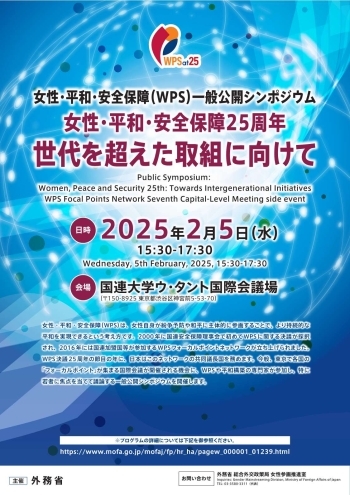
Concept
Women, Peace and Security (WPS) is an initiative that aims to achieve sustainable peace by ensuring women's participation and leadership in peacebuilding and disaster recovery processes. Since the adoption of the first UN Security Council Resolution on WPS (Resolution 1325) in 2000, efforts to promote WPS have been made at all levels.
Despite these efforts, women's participation in peace negotiations and peacebuilding processes remains slow, and as wars break out and conflict persists around the world, women are placed in precarious situations, sexual violence amidst conflict zones is rising, and the status of women's human rights is regressing.
The WPS Focal Points Network was launched in 2016 with the aim of promoting commitments related to WPS. The Network is composed of 93 UN member states and 10 regional organizations. Japan and Norway, the co-chairs of the network for 2025, are planning to host the first meeting in Tokyo commemorating 25th anniversary of WPS, where representatives from each country will share their innovative expertise and knowledge based on their WPS efforts over the past quarter century with a view to further promoting WPS.
A public symposium will be held on the fringe of the Tokyo meeting, recalling the outcome of UN’s the Summit of the Future held in New York in September 2024. In the Summit, countries across the globe made a commitment to take action for the benefit of many generations to come, and confirmed the major goal of building an inclusive society where young people, future generations and women play an active role while achieving the SDGs without leaving anyone behind. At this symposium, key leaders from each country will participate in the Tokyo meeting as well as WPS experts and young active peacebuilders at home and abroad who are determined to make international contributions will take the stage. The main topics cover wide range of global issues including the direction of WPS, as well as measures to promote the participation of the youngest generation who will be responsible for these fields in the future.
By sharing experience and knowledge about global WPS initiatives and current issues, especially with younger generations, it is expected that the WPS symposium will encourage the next generation to become more involved in contributing to gender equality and, in turn, contribute to peace and stability in the international community.
Date and Venue
Application Form (Closed)
General Audience Registration is now closed.
Programme
| 15:00 - 15:30 | Registration |
| 15:30 | Opening |
| Opening remarks |
|
| Joint presentation: overview of WPS and international trends |
|
| 16:15 – 16:50 | Panel discussion: WPS and the next generation |
| 16:50-17:20 | Q&A |
| Wrap-up | |
| Closing remarks | |
| 17:30 | Closing |
Opening Remarks (In order of appearance, titles omitted)
FUJII Hisayuki, State Minister for Foreign Affairs
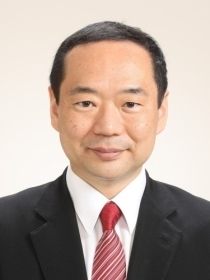
After Graduating from the University of Tokyo, he joined the Ministry of Home Affairs. He was first elected in the 46th general election of the House of Representatives in 2012. He was appointed Parliamentary Vice-Minister of Land, Infrastructure, Transport and Tourism in 2016, State Minister of Cabinet Office in 2020, State Minister for Digital and State Minister of Cabinet Office in 2021 and State Minister for Foreign Affairs in 2024.
Signe Guro Gilen, Special Envoy Women, Peace and Security for Norway
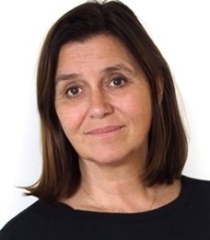
She has covered the Israeli-Palestinian conflict from 1992 to 2010, both as a researcher and as a diplomat. She has been serving at the Norwegian Representative office to the Palestinian Authority, at the Embassy in New Delhi and as Deputy Head of Mission in Juba where she followed the revitalization of the peace agreement, followed by three years as DHOM at the embassy in Riyadh. She has worked on women inclusion and gender perspectives in peace and security related matters over the last twenty-four years as a diplomat.
Joint presentation (In order of appearance, titles omitted)
Manuela-Elena Mihai, Chief of Gender Management Office, Ministry of National Defence of Romania
Sabrina Mowla-Baksh, Gender Advocate/Peacebuilder from Trinidad and Tobago
Melanne Verveer, Executive Director, the Georgetown Institute for Women, Peace and Security
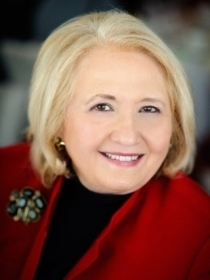
Most recently she served as the first U.S. Ambassador for Global Women’s Issues, coordinating foreign policy issues and activities relating to the political, economic and social advancement of women. Earlier she served as co-founder and President of Vital Voices Global Partnership, and during the Clinton Administration, as Assistant to the President and Chief of Staff to the First Lady.
Panel discussion (In order of appearance, titles omitted)
Sawako Shirahase, Senior Vice-Rector, United Nations University/Assistant Secretary-General, United Nations
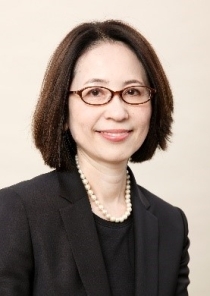
Project Professor at the Graduate School of Agricultural and Life Sciences, the University of Tokyo. Dr Shirahase received her DPhil in Sociology from the University of Oxford in 1997 and joined the University of Tokyo in 2006, where she became a Professor at the Department of Sociology in 2010. She served as Executive Vice President for International Affairs at the University of Tokyo from 2019 to 2021. Her special area is on social stratification, particularly from the perspectives of gender and generation.
Carolyn Kitione, a representative of civil society in Fiji
Ilwad Elman, a representative of civil society in Somalia
Riyuka Suzuki, undergraduate student at International Christian University
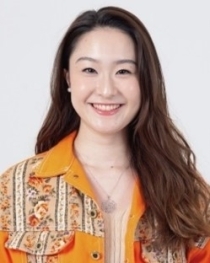
Majored in Gender and Sexuality Studies and Politics at International Christian University. Served as a Youth Delegate in the Government of Japan’s delegation to the 68th session of the Commission on the Status of Women. Worked at UNFPA Tokyo Representation Office as an intern (2023-24). Engages in combating Period Poverty, promoting gender equality in politics, and supporting children with disabilities.
Misaki Katayama, postgraduate student at the University of Tokyo
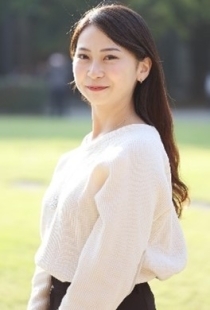
Master’s degree in education from the University of Tokyo; currently a PhD candidate in Interdisciplinary Information Studies, leveraging technology for the intergenerational transmission of war and disaster memories. Engaged in nuclear issues since high school, having served on multiple occasions as a Youth Communicator for a World without Nuclear Weapons. Selected as one of UNODA’s 100 Youth Leaders for Disarmament (YLF) in 2024.
Closing Remarks (titles omitted)
Kirsi Madi, UN Women Deputy Executive Director for Resource Management, Sustainability and Partnerships
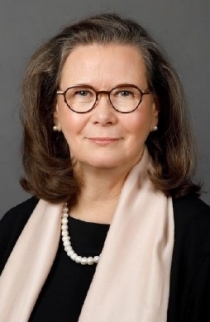
Ms. Madi has more than 30 years of experience in the fields of international development, humanitarian action, gender equality, partnerships, governance, resource mobilization, inter-agency coordination, intergovernmental processes, and organizational development and change. She has worked most of her UN career with UNICEF. Prior to her career in the United Nations, Ms. Madi worked in the Finnish Ministry of Foreign Affairs.
Contact
Gender Mainstreaming Division, Ministry of Foreign Affairs of Japan
TEL: +81-(0)3-3580-3311


